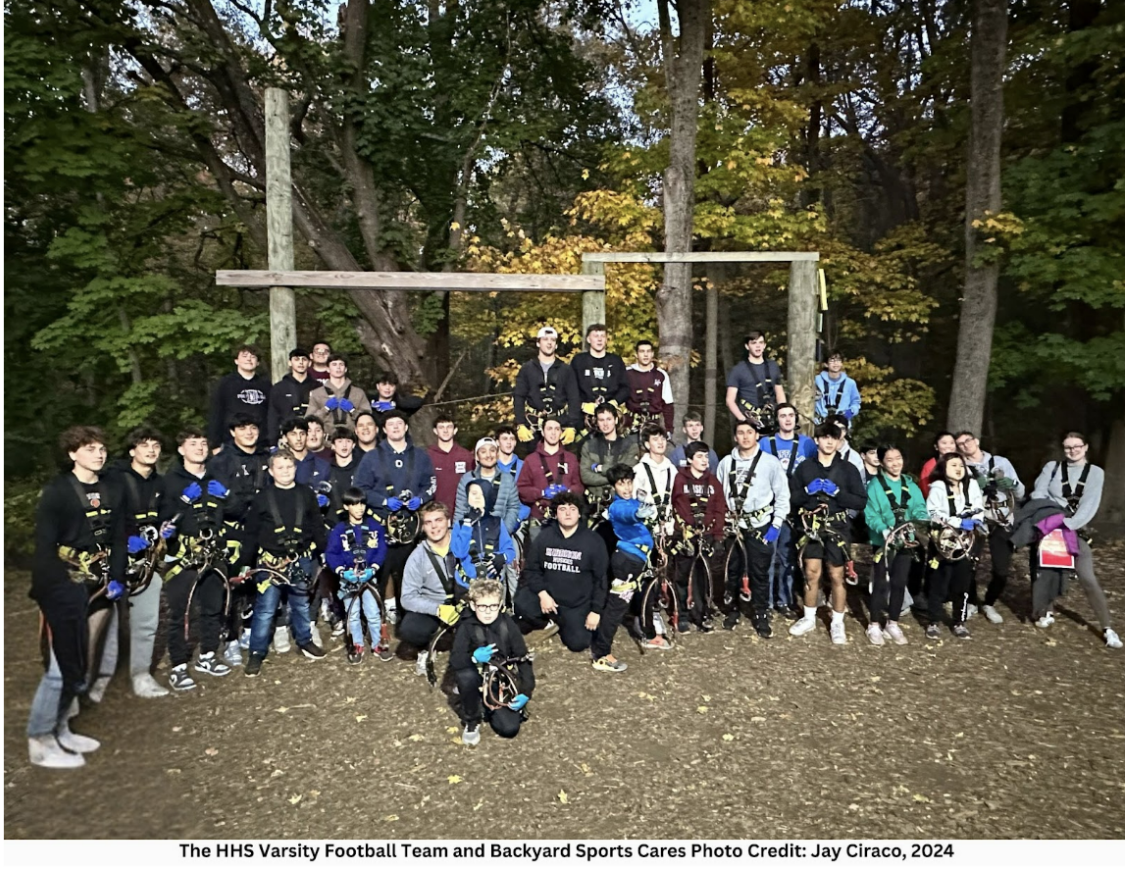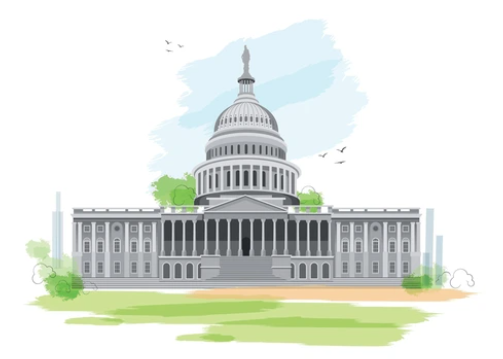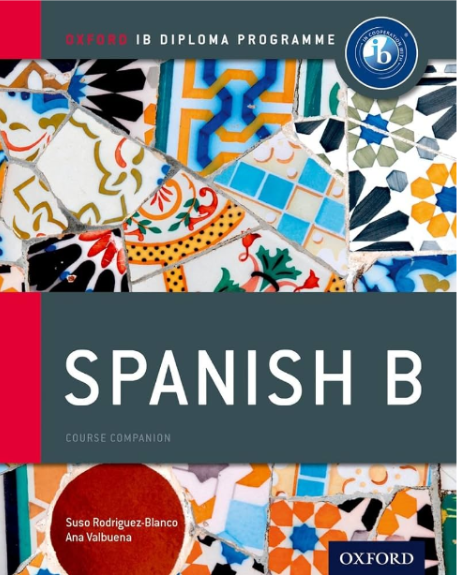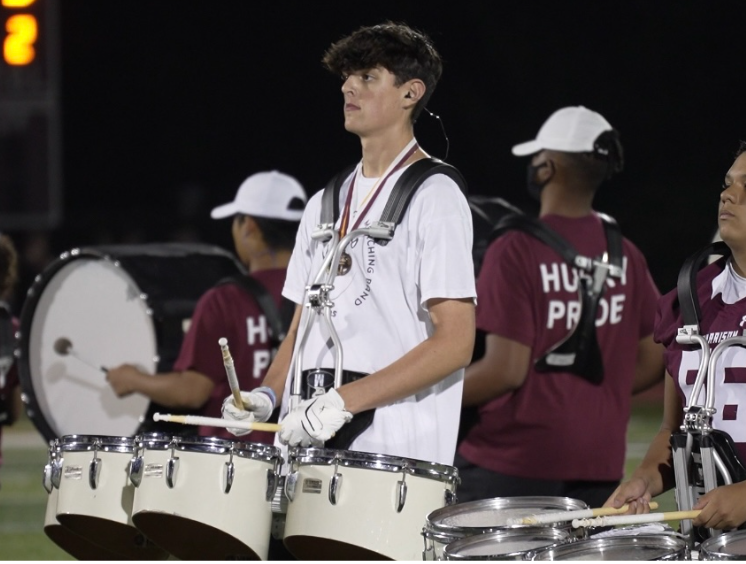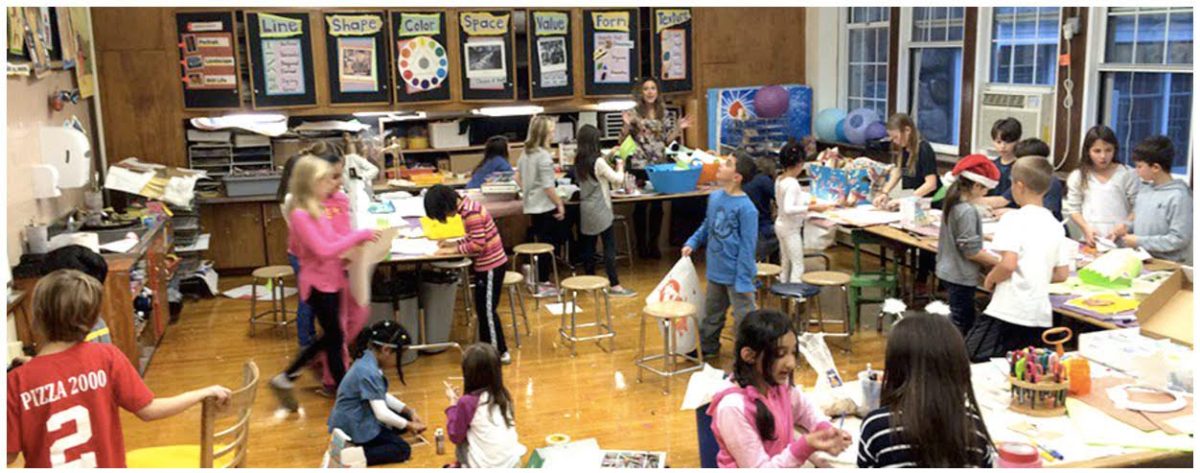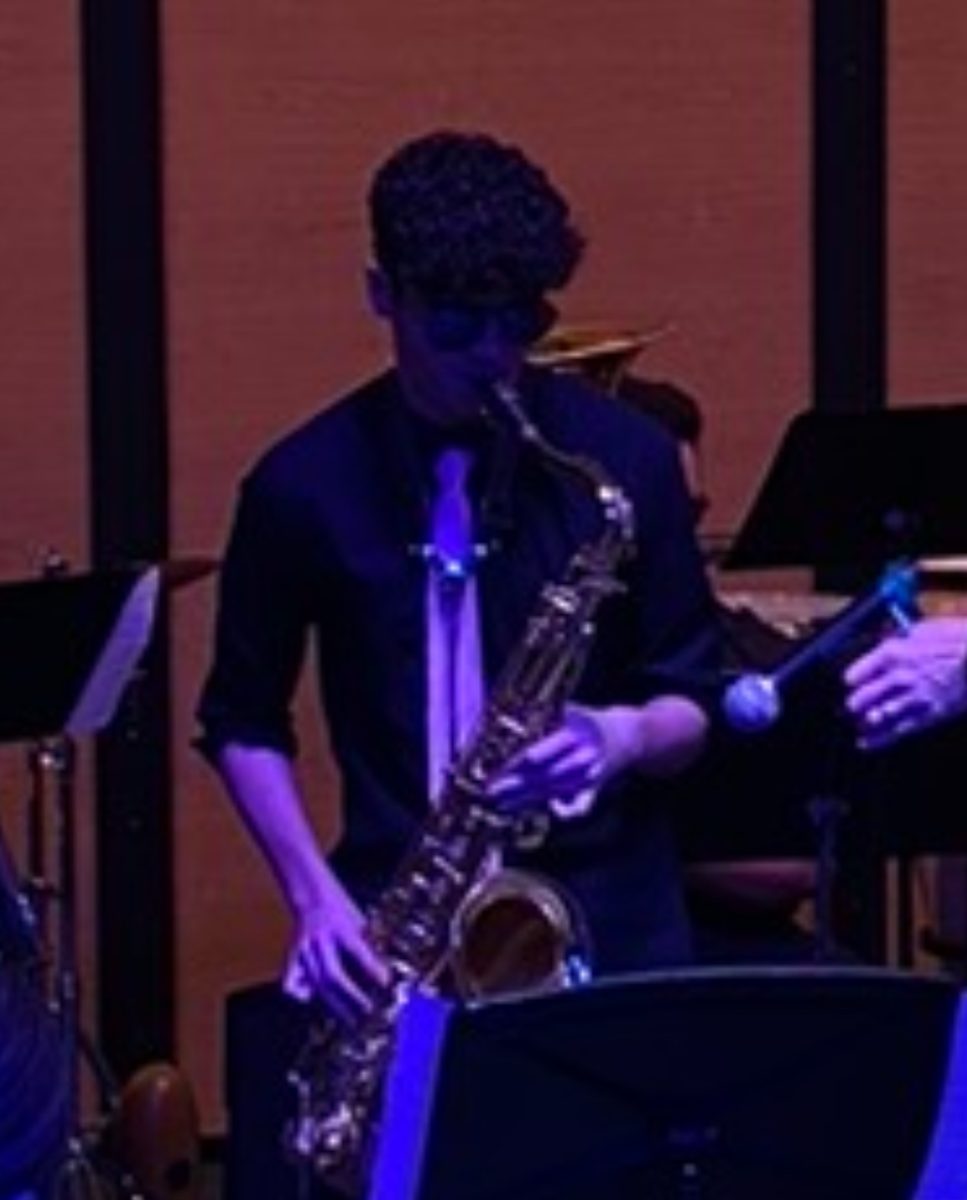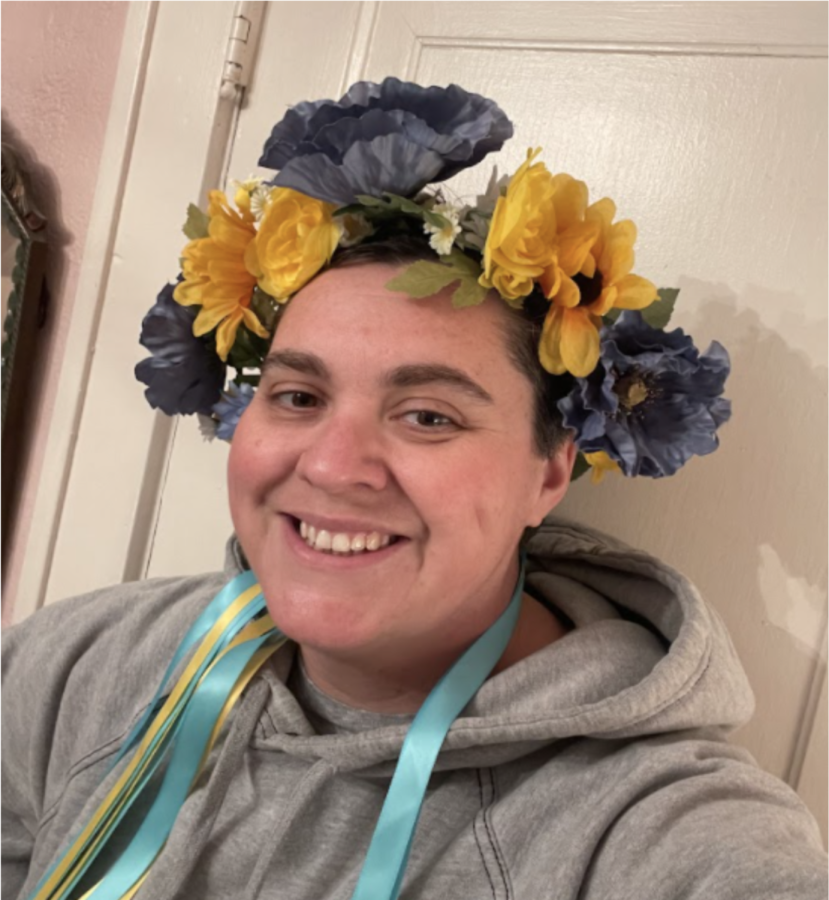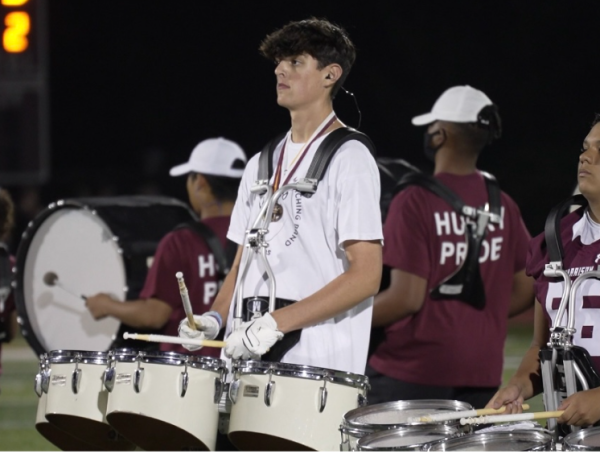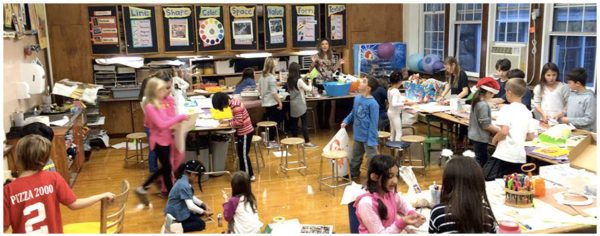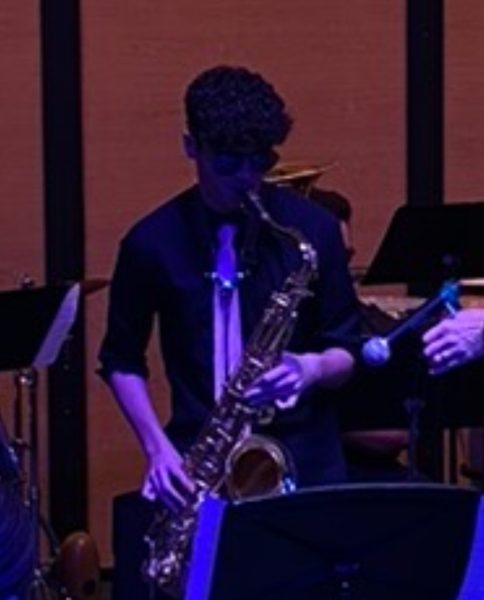Interview with HHS’s Ms. Makarczuk – Ukrainian Heritage and Current Events
On February 24th 2022, Russia invaded its neighbor Ukraine in what they called a “Special Military Operation.” Instead, what became of this surprising and supposed operation was an unprovoked attack of the entirety of Ukraine and the displacement of millions into countries such as Poland, Hungary, and Moldova. The drastic and inhumane effects of the war have proceeded to carry on for over a month now with no signs of slowing down. Fierce Ukrainian resistance and support from their allies has allowed the nation to persist through this time of turmoil and hardship. Fierce Ukrainian resistance and support from numerous other allies and citizens of those allies have persisted through a time of turmoil and climax. Below is an interview conducted with Harrison High School social studies teacher Ms. Makarczuk on her own family’s history while living in Ukraine and the importance of our continued cooperation.
1. In what region of Ukraine did your family first originate from?
My family initially lived within the Volyn Oblast (Region/territory) of Northwestern Ukraine along the Ukrainian Polish border. The Oblast during that period of the 1920s was divided among Orthodox and Catholic religious sectors as well as Russian vs. Polish influence.
2. What was happening in Ukraine under the Russian Empire at the time your ancestors were living there?
Before Ukraine had gained independence from 1918-1922, it was under the Poland-Lithunian territory that was disputed between Poland, the Russian Empire, and Ukrainian nationals called Partisans. At this time during the early 20th century, my great-grandfather was an informal judge and farmer who would be known among his family and fellow villagers to be maintaining the village armory in secret, in the case of government attack on the country. This is what is commonly known as a cossack or freemen. This would eventually lead to my great-grandfather and also my entire family being placed on a criminal list to be sent to a Siberian gulag.
3. In what year did your family flee or were forced to flee from Ukraine?
By 1941 during Operation Barbarossa or the subsequent invasion of Germany into the Soviet Union under Stalin, my ancestors had already left Ukraine (Which was still under Soviet territory) and were forced to flee to German lines, where they were further detained.
4. How long would it be until your family would eventually leave Ukraine for another country?
It would be multiple months until my ancestors and family would eventually be able to cross from Ukraine over into territory occupied by Germany during World War II. It would be a few more years of on and off detainment, waiting for World War II to end, and even a few more years after that until the year of 1950 where eventually decommissioned US warships allowed for the migration of refugees over to the United States.
5. What were general experiences from your ancestors that you know of during the process of evacuation?
In the years that my family journeyed from Ukraine due to war and threat of forced labor, the general sights and experiences were atrocious and hard for them to witness. They witnessed death and destruction on unprecedented scales, unexploded ordnance at every corner, and they also had 2 children while within forced labor camps, yet they still persevered and stayed optimistic.
6. What motivation did your ancestors and family have for fleeing Ukraine in the first place?
After being newly married for only a short time, my great-grandfather would leave his family of 11 siblings in order to leave Ukraine with his wife and in-laws to escape not only national & religious persecution, but also the inevitable war and rising conflicts that were occurring under Soviet occupation of Ukraine. Two of my great grandparents, great uncles, and grandparents would leave Ukraine and head directly west into German territory. Part of the reason they fled as well was that my great-grandfather volunteered to fight in the Polish army as a partisan freedom fighter and he fought both German and Soviet forces within Poland.
7. What motivation did your ancestors and family have for coming to the United States?
Right after the firebombing of Dresden in the year 1945, my great grandparents, great uncles, and grandparents all would enter the city and see the pure destruction and desperation of the Eastern German front of the war. Germany just under a year later would become divided among exclusive zones carved out among the Soviet Union, Britain, France, and the United States. My ancestors then would be able to board a decommissioned warship heading out from a North German port city. After two years of constant voyage, the joy for all refugees that must have experienced when seeing New York for the first time must have been wonderful.
8. Where did your ancestors and most refugees settle eventually when coming to New York?
Upon arrival, my family and most other Ukraine refugees would settle within all parts of New York City, but especially within places such as Greenburgh and Yonkers. Yonkers even to this date has the highest ethnic Ukrainian population with this being the place that most would go upon arrival to the United States from Ukraine sponsored voyages for refugees.
9. What piece of information do you believe is most important for people to take away from the Ukraine conflict (Are there any sources that support this)?
It’s important to note that Ukraine should be referred to as “Ukraine ” and not as “The Ukraine,” implying Ukrainian independence against unprovoked Russian attacks. The unwarranted and unprovoked measures President Putin went against in terms of the Minsk agreement and the Geneva Conventions should neither be ignored as well. It’s key that we as citizens look at all information with a keen eye in order to avoid biased opinions and misinformation that can be filtered through our media. It’s important for us to recognize that Ukraine is the breadbasket of Europe and the buffer it creates between Russia and the West needs to be recognized.
10. How can we as a society act to not only condemn the invasion, but also to support the Ukrainian people?
Every action that is taken in order to donate to official charities such as UNICEF or Red Cross is one step closer to recognizing the severity of the situation and bringing necessary relief that Ukrainians need. Our jobs as citizens within a global community are essential towards the quest to end the conflict and within using our voices whether that be through social media or by reaching out to local or state officials to bring more dire consequences to the situation, while also filtering out inaccurate information. Keeping up with news and consistent updates in whatever fashion is another way of accomplishing this. Generally though, if you can be optimistic yet skeptical at the same time then you’ve hit upon the mindset of the Ukrainian spirit that you prepare for the worst but hope for the best.
“If you are reading and sharing news about Ukraine, you are the resistance”
– Illia Ponomarenko
Defense Reporter – Kyiv Independent
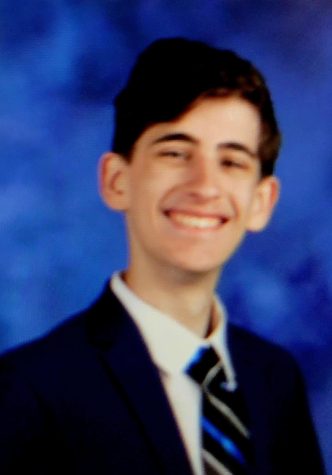
As news editor of the Husky Herald, Bryan seeks to monitor and cover international news headlines that he feels should be shared with his Harrison community....

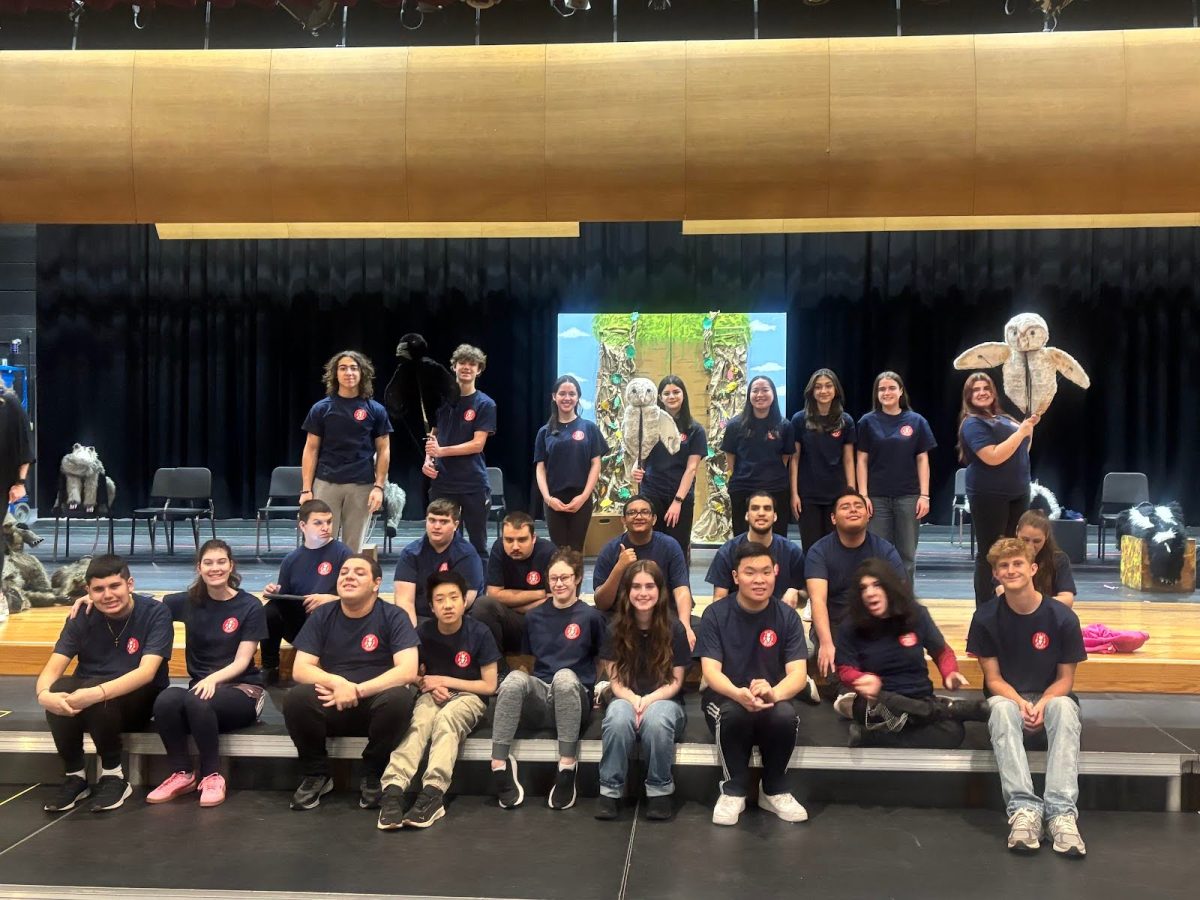


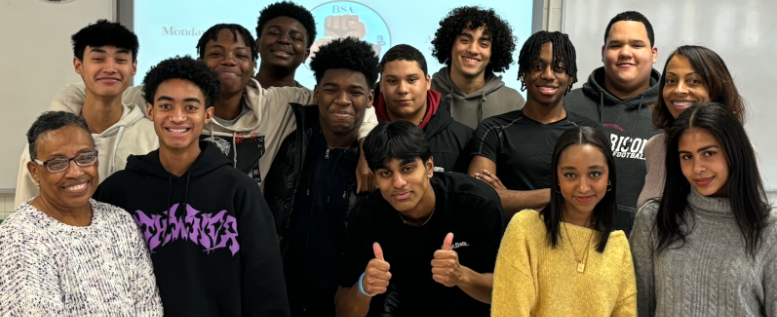

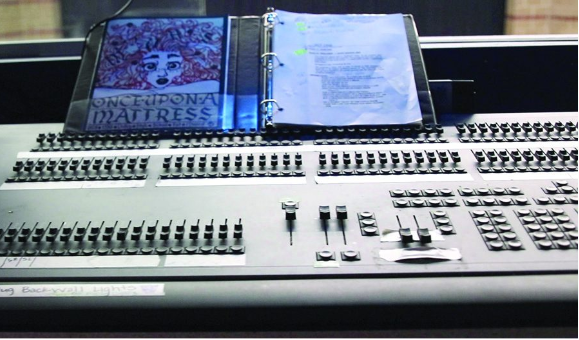
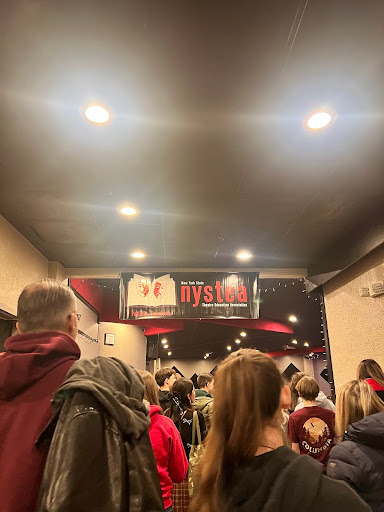
![[From left to right-Top row: Harison Fliegenspan, Talia Russo, Isis Leite, Micaela Thone, Rosella Paniccia. Bottom row: Maya Rolan, Eren Yoshimura, Audrey Cheung, Karinah Diaz]](https://thehuskyherald.org/wp-content/uploads/2025/02/IMG_0927.jpg)

